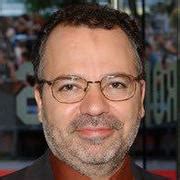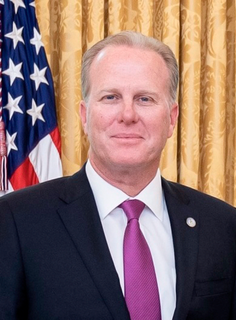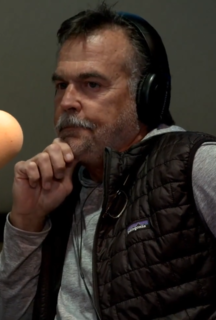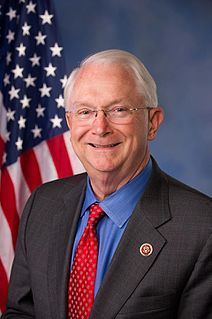A Quote by Franklin Raines
So from the housing standpoint, steady as you go, I think, would be the best medicine.
Related Quotes
I think energy medicine is a field that is probably for me the most authentic level of medicine that there is, because it takes into account what I would call 'square one of creation'. Which is where energy meets the process of incarnating. So I think it is very much going to become the dominant practice of medicine in this next millennium. We have no other place to go but there.
If I have a rare Saturday night when I can go out to see a movie, I look at the paper and I go, 'Hmm, what's the best medicine for my mind?' I'm going, 'What's the most escapist, fun entertainment I can go to?' So I think that's number one, first and foremost, because that's why I think people go to movies. It's a bonus that there's something real.
The bottom line for housing is that the concerns we used to hear about the possibility of a devastating collapse—one that might be big enough to cause a recession in the U.S. economy—while not fully allayed have diminished. Moreover, while the future for housing activity remains uncertain, I think there is a reasonable chance that housing is in the process of stabilizing, which would mean that it would put a considerably smaller drag on the economy going forward.
I don't like medicine. There's an old Irish proverb that goes, "If I knew where I was going to die, I wouldn't go there." I suspect that I'm going to die in a hospital, so every time I go past one, I drive really quickly to get away from those things. So I spend a lot of money on health: gyms, I go to naturopaths, acupuncturists; anybody else who's almost the alternative to medicine. I think by the time you need medicine, it's too late. That's my belief.
The very best approach to medicine is, "Well, I see your physical body is sick, what's been bothering you? What are you worried about? What are you angry about? What are you frustrated about?" Because that is what is at the root of all of this. And then say, "Let it go, let it go, let it go." That's the message, and if they could hear you and do that, then they would all be well right away.
There are masses of people who need affordable housing in New York. I think that, politically, it is very difficult to give preference to artists over another group. Now, could there be an impressive envisioning process where developers would be asked to collaborate with urban designers? Maybe envision a large-scale development with local shops, dense housing, maybe a few towers, maybe a few mid-rise buildings, and art workshops in the mix? That would be great. I don't see a call for those proposals. But I think that it would not be outrageous to propose that kind of vision.


































